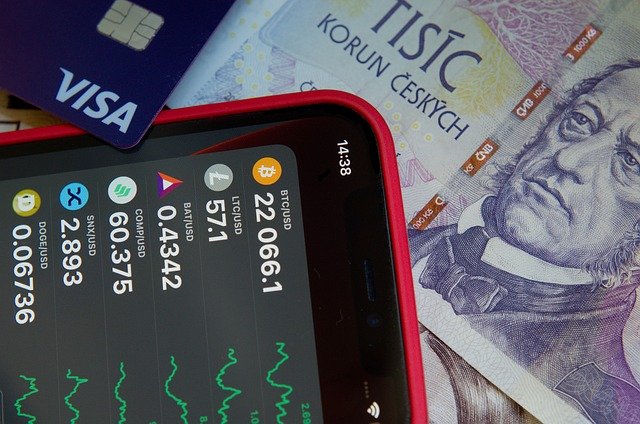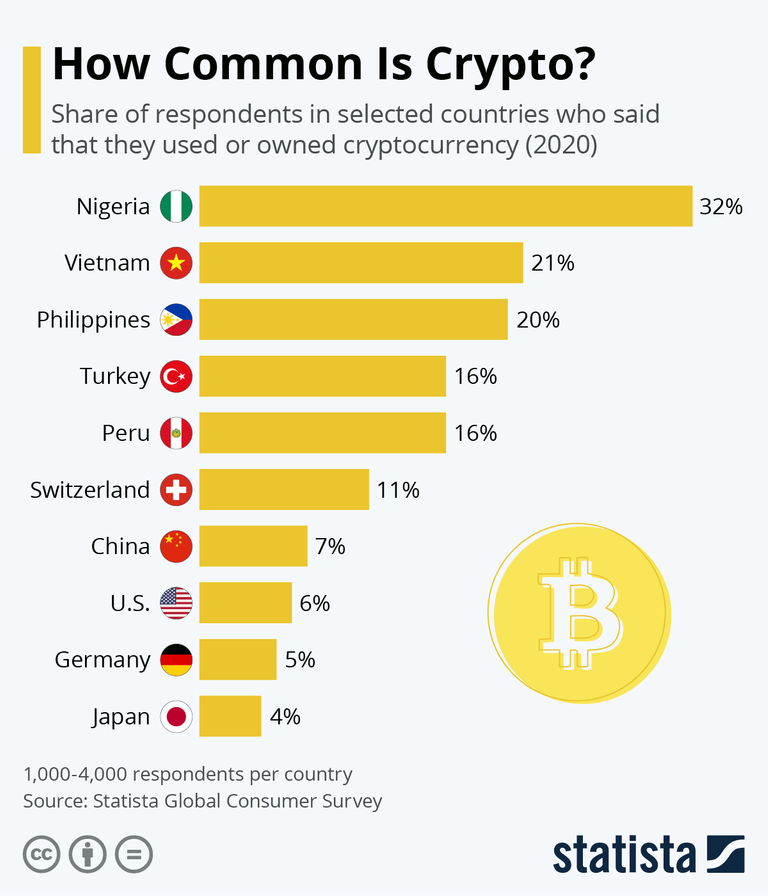In the cryptocurrency world, there are many different factors that can be used to determine its impact on society as a whole. There are several ways that cryptocurrency can change the way we live our lives and how we interact with each other. One of the most important things that blockchain technology has done is allow people who have never had access to financial services before to be able to use them without having to pay high fees or face difficulties when trying to open a bank account. This allows people in developing countries to have access to banking services without having to worry about being able to afford them, which will make it easier for them to start businesses and grow their economies.

Cryptocurrency has helped those in developed countries by making it easier for them to send money overseas or pay bills online without having to deal with expensive international wire transfers or expensive credit card fees. This means that more people will have more money available for other things like travelling abroad or buying homes outside of their home country's borders instead of spending all of their money on international travel tickets or paying off debts from running up large balances in credit cards while living overseas
Cryptocurrency is a disruptive technology that has the potential to change the way we think about financial inclusion.
In developed countries, cryptocurrencies have been adopted because they offer an opportunity for growth and individual empowerment. People can use cryptocurrency as an alternative to traditional banking institutions, which are often slow and expensive. Cryptocurrencies allow people to send money anywhere in the world without having to pay high fees or wait for lengthy transfers. This has helped states like Japan and South Korea become global leaders in cryptocurrency adoption.
But what about developing countries? Do they stand to benefit from cryptocurrency adoption?
The answer is yes—but not necessarily because of their current state of development. In fact, many developing countries are already well-positioned for financial inclusion because they have low levels of wealth inequality between their citizens and those living in developed nations. This means that while they may not have access to traditional banking options such as credit cards or bank accounts, they could still benefit from a system like Bitcoin if it were introduced into their economy as a way for people with little money but lots of ingenuity (or just desire) to invest in something more substantial than a piece of paper with green ink on it that says "I own this thing."
Take a look at a country like Nigeria for example. Nigeria was topping the list of countries that uses cryptocurrency the most.

This shows how much financial inclusion is taking place with the help of cryptocurrency.
Even with the restrictions by the current government, you can still easily buy crypto today.
It's only a matter of time before we see a country like El Salvador rank among the richest countries with their current state of adopting bitcoin as a legal tender. The next bull run sure has some exciting actions yet to be seen in the crypto world.
All this will add up to something bigger and better than we have ever imagined before because a whole lot of people will benefit from the financial economy here in the crypto world without having to travel to another country before they can take part in the financial system of the world.
Thanks for your attention
Posted Using LeoFinance Beta
Click on the badge to view your board. Click here to check your ranking.Well done @marvinix! You successfully guessed the match result and unlocked your badge!
Thank you to our sponsors. Please consider supporting them.
Check out the last post from @hivebuzz:
Click on the badge to view your board. Click here to check your ranking.Well done @marvinix! You successfully guessed the match result and unlocked your badge!
Thank you to our sponsors. Please consider supporting them.
Check out our last posts: